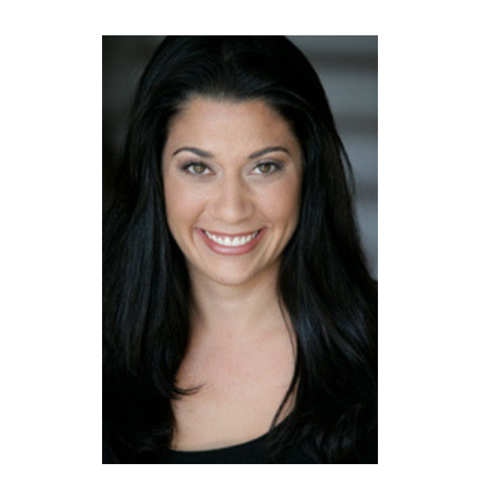Bio
Jennifer graduated from Emory University with a BA in English and MAT in Secondary Language Arts Teaching. She began her career as a high school English teacher in 2001. After three years, she pursued an MBA from the University of Georgia, concentrating in finance and entrepreneurship. She then worked as a financial analyst for CSX Transportation.
In 2010 she returned to the education field, which is her true passion. After relocating to California in 2011, Jennifer began her career as an educator in the private sector. Since then, she has worked as an English tutor, college counselor, and SAT instructor for various companies, culminating in a position as the director of a large tutoring center in the East Bay. These experiences prepared and inspired her to open a tutoring center of her own.
Tell us about your company
Founded in 2014, Alpha College Prep offers tutoring, admissions test preparation, and college consulting in Albany, CA, which sits between Berkeley and the San Francisco Bay. We maintain the quality of service with a small team that includes the our three co founders and a few carefully selected, professional educators.
How did you get started in tutoring, and what’s your favorite part about it?
I started my career fresh out of college as a high school English teacher in a public school in South Georgia. When I moved to California in 2011, finding a teaching job was difficult and I had fond memories of studying for SAT with my friends many years ago, so I worked multiple part time SAT/ACT tutoring jobs that eventually led to opening my own company with two other tutors.
What do your students find most challenging, and how do you help them overcome it?
Test anxiety and finishing certain sections on time seem to be the most common challenges, but as far as specifics, I think most of our students find the historical document passage on the SAT Reading section to be quite difficult for them. For students with test anxiety, I first focus on building the skills and making sure they feel comfortable with the material so that they can develop the confidence to do well on the test. Once they have developed that competence I try to reinforce their self confidence by explicitly expressing my confidence in their abilities. We also provide students with many opportunities to sit for practice exams so that when test day comes it feels familiar and manageable.
What’s the biggest improvement you’ve ever seen a student make?
We had a student raise his ACT composite score from 15 to 25, his reading a dramatic 20 points (8 to 28). When he started, he had so much test anxiety that he couldn’t get through that section of the test. He worked without much improvement for a while because he wanted to be certain of all the answers to the point at which he would be paralyzed when he couldn’t. Finally my co-founder Robert was able to convince him that he needed to accept that he would get some answers incorrect and focus on the goal of improving his score and answering all the questions, whether he was certain or not. They celebrated his ACT score over coffee, fulfilling a pact that Robert had made with him for following his suggestions and maintaining composure during the test. The student’s younger brother will be starting prep with us next month and has some big shoes to fill around here.
What changes, if any, have you seen in the test-prep process since you began tutoring?
The SAT redesign in 2015 feels like the biggest change. Even though the test had been redesigned previously, this iteration seems much harder, even for those who have been successful in rigorous classes. Score plateaus seems more stubborn, and the success of prep seems to vary.
What’s your most important piece of advice for students? For parents?
For ambitious students, I recommend starting test prep early with a long term goal in mind so that both your GPA and tests scores make you a competitive candidate for college. If you start early enough you can prioritize your school work during the busiest and critical times and then focus on test prep when you have fewer demands from your classes. Being thorough and devoting adequate time to learning the material for classes like algebra two, which comprises much of the SAT math, will pay off for both GPA and test scores. You do not want to have to worry about ACT or SAT once you get to senior year as that fall will be the busiest semester in high school, so if you start early enough, you can reduce your stress for fall semester senior year.
For parents, I recommend allowing students to take the lead in planning and preparing for their academic futures. If you want to motivate your kids, telling them what to do ad nauseam will only backfire. Listening to kids in a non judgemental way and asking them the right guiding questions will motivate them far more — and make for a more pleasant few years for everyone.
I also think it’s really important to keep the bigger picture in mind — life is about far more than attending a certain college or making a certain test score, neither of which will guarantee a person’s fate. I worked for another company that holds an annual sales presentation in a convention center, which I attended only once. One of the speaker’s at the event was a parent who told the audience that making sure their child attended the right college was their,”one chance to make a difference in your child’s life,” a statement I found terrifying.
